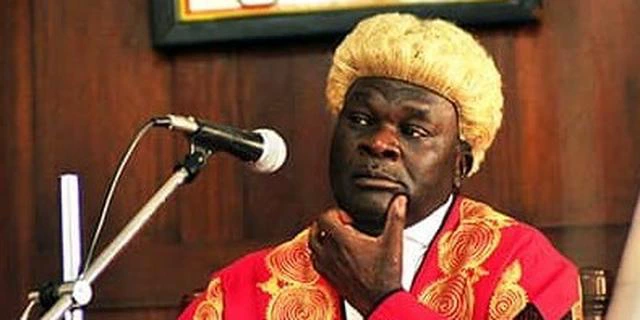New Twist as Law Expert Uncovers How Parliamentary Committee Can Oust High Court Judge

Hon. Jonathan Ebwalu has sparked a fresh debate on the powers of parliamentary committees by highlighting Rule 208 of the Rules of Procedure.
According to Ebwalu, this rule grants committees of Parliament powers akin to those of the High Court, enabling them to summon witnesses, compel the production of documents, and investigate matters with a legal mandate comparable to judicial oversight.
The revelation focuses on the Parliament's vital role in ensuring accountability and transparency within government institutions.
Rule 208 empowers committees to act decisively on issues ranging from budgetary oversight to investigations into public officials' conduct, making them a crucial mechanism for promoting good governance.
Jonathan Ebwalu emphasized that this rule allows Parliament to perform quasi-judicial functions, especially when addressing misconduct by public officials or mismanagement of public funds.
“Parliamentary committees are not just discussion platforms. They have the authority to summon anyone and demand accountability, just as the High Court would in a judicial inquiry,” he said.
However, opposition have raised concerns about the potential misuse of such powers, arguing that some committees may overstep their boundaries or use these privileges to settle political scores.
Legal experts have also warned against conflicts that may arise when committee findings contradict judicial rulings.
Nevertheless, Ebwalu defended the rule, stating that it strengthens democracy by giving Parliament the tools to check executive excesses. He called for the proper training of committee members to ensure these powers are exercised responsibly and effectively.
LINK: https://x.com/nextradio_ug/status/1881740372587745725
While parliamentary committees wield significant power, their actions must complement the judicial process, ensuring justice and accountability across all levels of governance.



0 Comments